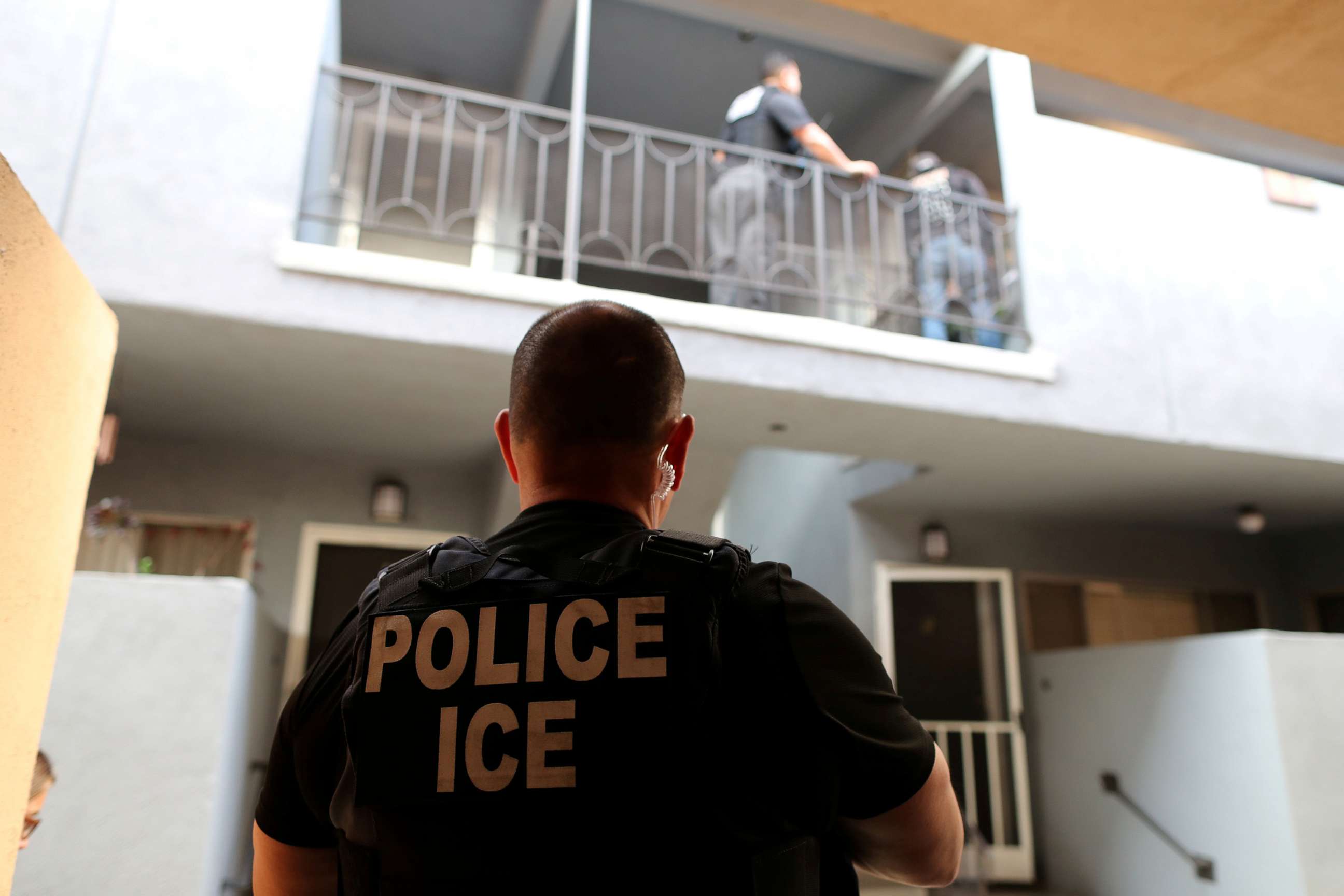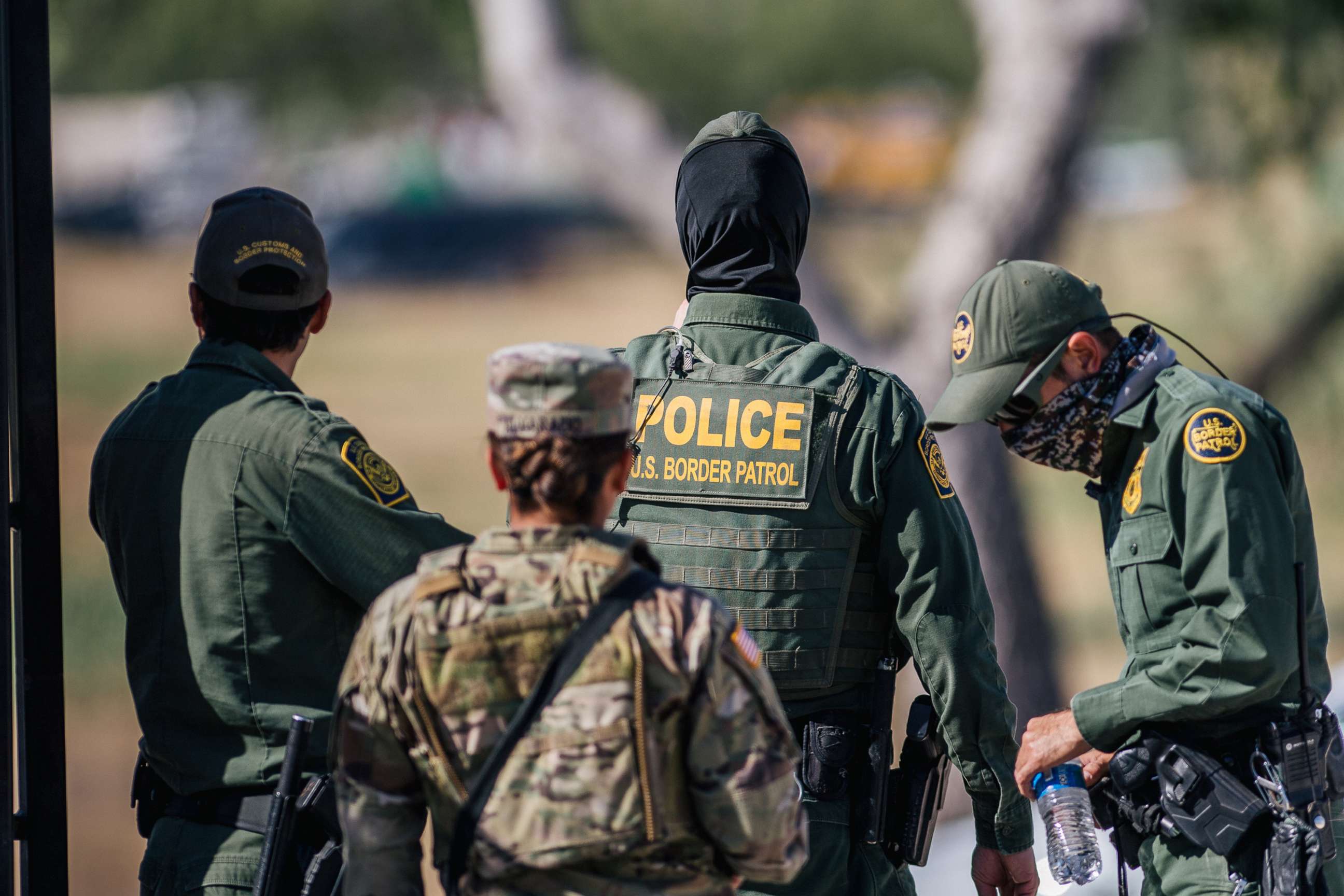Homeland Security issues new guidelines for arresting, deporting immigrants
The rules are meant to reform the way authorities make deportation decisions.
The Department of Homeland Security issued new immigration enforcement guidelines on Thursday in an effort to reform the way federal authorities make decisions about which unauthorized immigrants are priorities for deportation.
The guidelines set forth a variety of "mitigating factors" that describe situations where arresting and removing someone might be deferred. Some examples include elderly people, young people, victims of crimes or those who have been in the U.S. for a "lengthy" amount of time.
The approach gives Immigration and Customs Enforcement agents more discretion over who to deport. The memo establishing these guidelines lays out "aggravating factors" that might prompt federal authorities to make an arrest. However, it removes categories previously in place that outlined which specific criminal offenses would warrant making someone an enforcement priority.

"To treat people and questions of a public safety threat categorically like that actually is not effective," Homeland Security Secretary Alejandro Mayorkas told reporters. "It could lead to ineffective and unjust results."
Immigrant advocates reacted swiftly to the news, making clear they plan to hold the administration accountable given the broad nature of the guidelines.
"No matter where you are born, everyone deserves to be safe from detention and deportation, including people who have recently arrived in the United States seeking safety and protection and those who have had contact with the criminal legal system," said Stacy Suh of the Detention Watch Network, an organization that advocates for the abolishment of immigration detention centers.

While advocates remain concerned that the guidelines still reflect hard-line measures by making "public safety threats" and recent border crossers a priority, the measures allow for a more holistic approach in assessing deportation priorities, the department said.
The memo takes into consideration circumstances where a noncitizen might be exploited and unable to act due to their immigration status, Mayorkas said, offering the example of a landlord seeking unusually high rent or an employer paying low wages.
"The memorandum speaks of the need -- the obligation -- to guard against the use of immigration enforcement as a tool of retaliation for the assertion of legal rights," he said.

Federal law enforcement personnel will now also consider a wider range of elements including race, religion, gender and sexual orientation if those factors are relevant to a person's case in immigration court.
Severe criminal offenses, as well as the "use or threatened use of a firearm or dangerous weapon," would make an offender a higher priority for deportation, according to the new memo.
The department will work on implementing the guidelines over the next two months before they officially take effect. A formal review of the protocols will be issued in three months, Mayorkas said.



